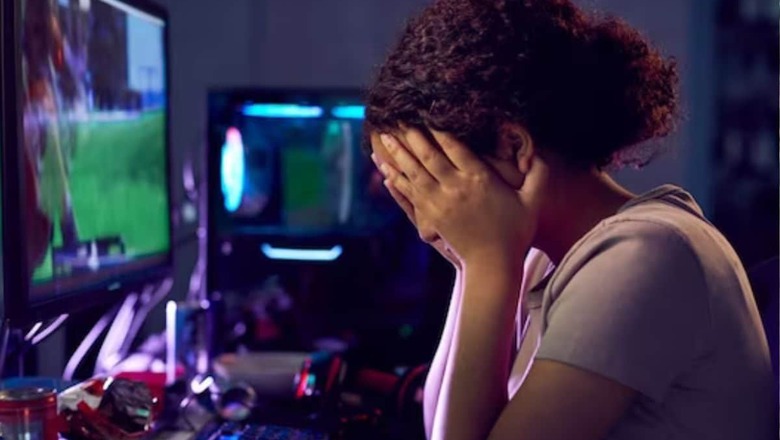
views
We all have experienced moments where we were unable to do or say anything. This is often in response to a dangerous or traumatic situation. Sometimes we tend to react this way when a certain incident in our lives gets out of hand and turns stressful. This sort of reaction is called a ‘Freeze Response’. It literally translates to being frozen in a spot. A 2015 study describes it as a state of ‘attentive immobility’ i.e. a person is alert but cannot take action.
Therapist Rebekah Ballagh states that the freeze response occurs when “Maybe you’ve been under stress for so long and now suddenly you find yourself in this place of stuckness? Feeling flat, low, spacey, and just plain blah. Maybe you’ve experienced trauma or an awful & overwhelming time lately, and now you find yourself in this place.” She added that an individual’s body and nervous system try to protect them through this reaction, and eventually, a person will heal and get over this.
The therapist shares some signs to help us identify the freeze response-
https://www.instagram.com/p/ CuAe6eGhFtW/?igshid= MzRlODBiNWFlZA==
- Spacey: We sometimes have trouble thinking clearly. We also have mental fog and feel zoned out. In these situations, we feel alienated from reality and miss out on important conversations with others. We feel that our minds are on autopilot. This creates even more distance between us and others.
- Isolation: We lose out on the energy to be present in a social setting. We end up cancelling plans and skipping events to stay at home. We no longer like chatting with and engaging with the audience. Having a social life feels like a big effort
- No Motivation: Nothing inspires anymore. We don’t have the energy to perform daily tasks, and we’re on the verge of giving up. For instance, You get out of the shower and sit around in a towel cluelessly, or you drive back home but keep sitting in your car for too long.
- Low Mood: We are constantly depressed. We are our own worst critics, and our internal dialogue is harsh and full of guilt and shame. You feel stuck in one place and are hopeless about your future.
While the therapist lists down signs to recognise freeze response behaviour, she also states that if an individual resonates with this, it does not mean that they are broken. One must be gentle and kind to themselves.

















Comments
0 comment